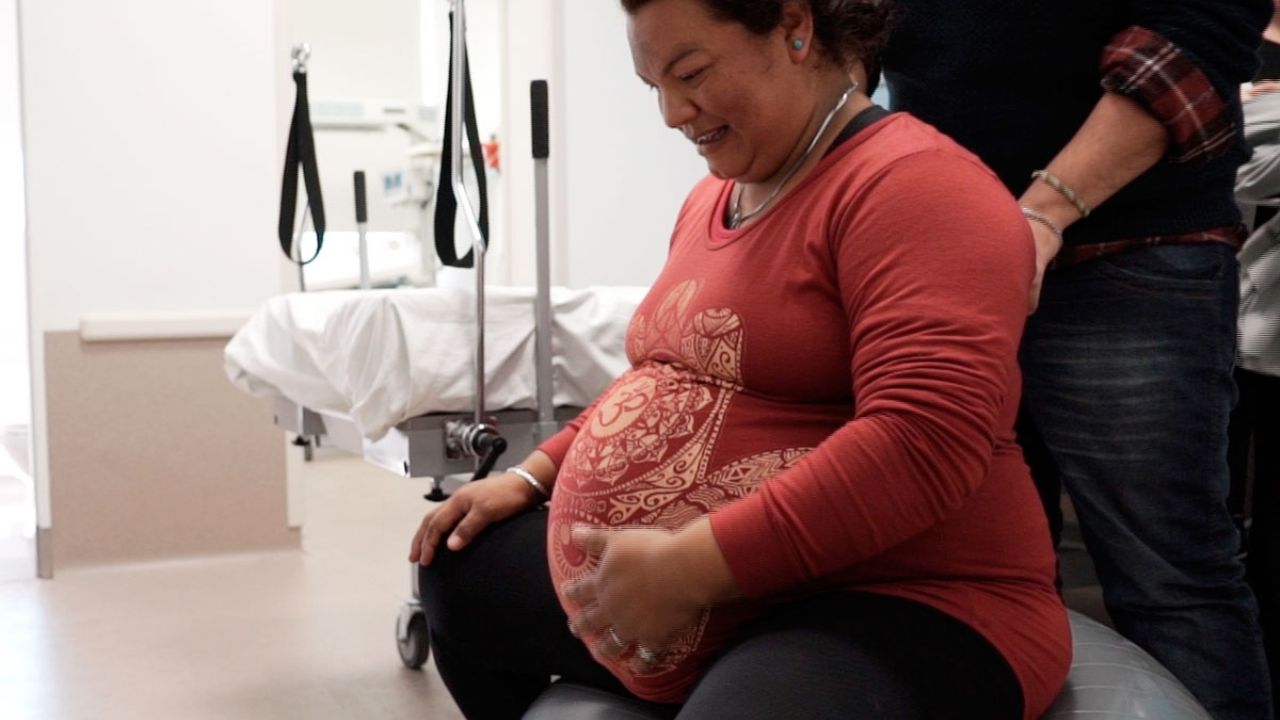The 1000 day plan, is a set of public policies whose mission is to ensure the rights of pregnant people during pregnancy and of their children up to three years of age. It is granted by the National Social Security Administration (ANSeS).
An extra amount destined to accompany the correct growth and development of children is what is expected from the ANSeS with the 1000 day plan, both to the beneficiaries of the Universal Child Allowance (AUH) and the Universal Pregnancy Allowance (AUE). Among the goals of Program this guarantee the provision of healthy food for these stages, which may be milk or another food.
To access the 1000 day plan you must have a pregnant woman of 12 weeks of gestation or more. The pregnant person must be Argentine or naturalized and have their National Identity Document (DNI). If the person is a foreigner, they must reside in our country for at least three years. As a last requirement, the pregnant person must be registered in the SUMAR Program and not have social security (only for the unemployed or informal workers.
No registration is required to enter the plan. This is automatically credited and deposited on the same date and account in which the AUH or AUE is charged.

What does the 1000 day plan include?
The Plan includes the allowance to accompany AUH or AUE holders and their children in the first three years of life with annual economic coverage, provided that health checks and vaccinations are accredited.

There is also the Prenatal Allowance, which is charged from conception to the month of the baby’s birth inclusive, as long as it does not exceed nine months. Another measure is the Allowance for Birth and Adoption, in the latter case you can receive a one-time income of 59 thousand pesos.
In turn, there is the milk complement, which consists of a food support for the provision of milk and other healthy foods, for children up to three years of age. The sum is 920 pesos per month for each child.


















